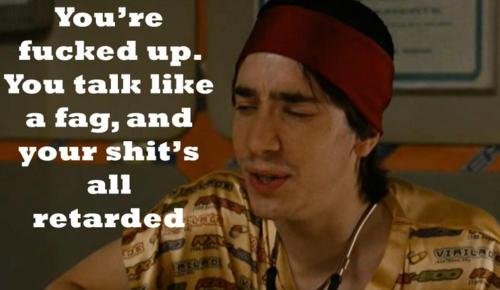I will reply to this in order to reinforce my previous post.
When you pirate a movie, it's not the physical item that you are stealing, it's the copyright holder's right to control who can view and or copy their material. Your not stealing an item, you are stealing someone's rights to their own creations.
Be that as it may, once you make something and release it to the public, you lose some element of control. It is unavoidable. The only way to keep rigid control is to not ever make the product and release it. It still comes back to the general premise. If it can be played, it can be copied.
Last edited:
![[H]ard|Forum](/styles/hardforum/xenforo/logo_dark.png)

